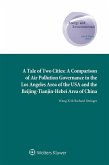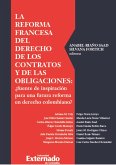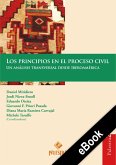Underpinned by a model of environmental governance developed by the authors and presenting an abundance of first-hand information from both areas, the study finds that, despite broad political and cultural differences in both regions, three political relations in governance processes emerge as enablers of effective reduction of air pollution:
- relation between regulators and the regulated communities;
- relation between all the supervisory political entities, such as legislatures, etc., and regulators; and
- relation between civil society (including news media and nongovernmental organizations) and polluters.
Specific areas of regulation covered include transportation, ports, energy efficiency, utilities, oil refineries, building efficiency, renewable energy, coal dependency, and optimizing energy structure.
With its sound, replicable model, its solid findings, and its enlightening conclusions, this incomparable work will prove of immeasurable value to administrative authorities and counsel worldwide engaged in combating air pollution. Moreover, its creative methodology is a signal contribution to the comparative study of environmental law and policy.
Dieser Download kann aus rechtlichen Gründen nur mit Rechnungsadresse in A, B, BG, CY, CZ, D, DK, EW, E, FIN, F, GR, HR, H, IRL, I, LT, L, LR, M, NL, PL, P, R, S, SLO, SK ausgeliefert werden.









